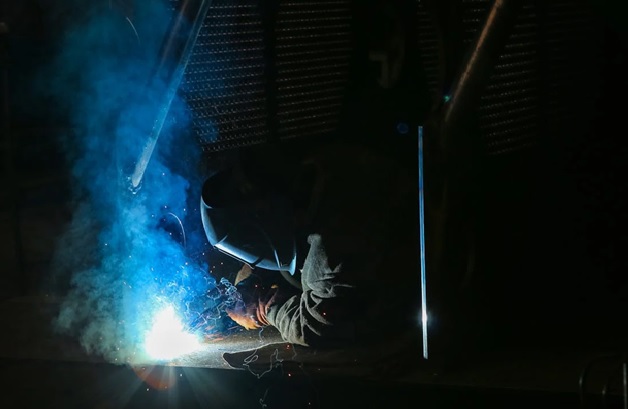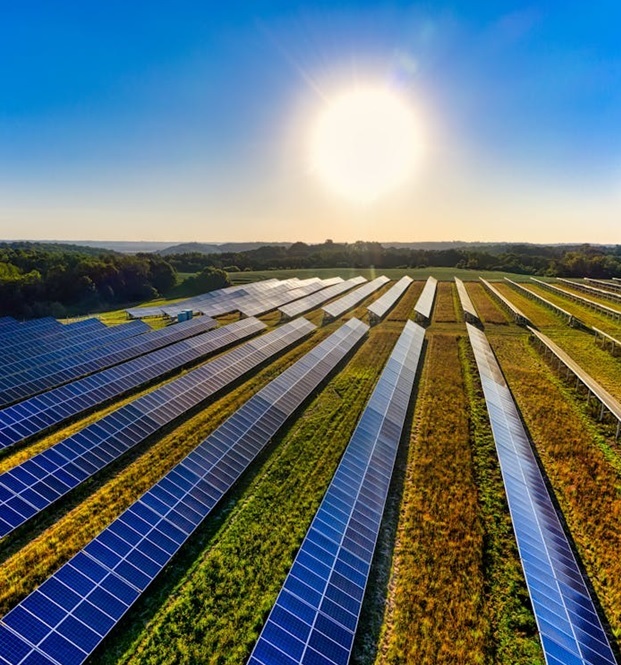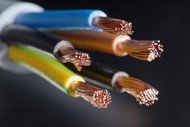Interesting Facts About Electrical Wire and Cable
15th Jul 2024
The world of electrical wire and cable is a fascinating one, and there are many different specialized types of wire and cable, as well as insulation. This short post will cover some of the more interesting facts.
Not All Electrical Wire and Cable Are Made from Copper
Copper, which is malleable and ductile, is an element that exhibits high thermal and electrical conductivity. Because it is more affordable than other metals with higher electrical conductivity, like silver and gold, it is commonly used as an electrical conductor. However, it is not the only material used for the purpose and some electrical cables are made from aluminum. Though aluminum wire and cable are not as conductive as copper, they are lighter and far more affordable.
Electric Wire and Cable Are Not the Same Thing
Strictly speaking, an electrical wire is a single conductor, or a group of conductors, that are insulated but do not have a secondary, outer sheathing. Cable is a group of separately insulated wires that are encased within an additional sheath.
Cable Capacity Is Actually Not Constant Over Time
Believe it or not, the gauge of a wire (and material) are not the only things that determine its capacity. An electrical wire or cable’s capacity in terms of ampacity or voltage rating can also be influenced by the conditions of the installation, such as ambient temperature and humidity, how deep the wires have been laid, whether or not they have been drawn through a conduit, and other factors.
Smaller AWG Wire Is Actually Thicker Than Larger AWG Wire
The American Wire Gauge that we use here in North America (also known as AWG) provides an inverse rating. Therefore wires of a smaller gauge are thicker than wires of a larger gauge. This means that 6 AWG wire, for instance, is thicker than 10 AWG wire.
Boat Battery Cable and Wire Is Made from Individually Tinned Conductors
Boat battery cable and wire is very different from automotive battery cable and wire. It is made with very finely stranded copper conductors that ensure the highest possible degree of flexibility. Moreover, it looks silver because the conductors are individually tinned. This not only helps prevent corrosion in the first place but helps prevent it from traveling underneath the insulation in the event that the jacket is compromised.
Cable Armor Is Ineffective at Protecting Against Moisture
Certain types of armored cable are used in mining, agricultural, and industrial applications, which are made with an exterior armor of interlocking steel links. This armor, while it protects the cable from abrasion and other mechanical damage, is not effective at protecting the conductors against moisture intrusion and subsequent damage.
Welding Cable Must Be Made Extra Flexible

Sometimes you may see high-quality welding cable marketed as “extra flexible welding cable.” This is because, while it is necessary for welding cable to be physically durable, it must also be flexible. Welding is often done onsite and in the elements, making it necessary to get the requisite equipment where it needs to be, rather than bringing the workpiece to it. Subsequent, and like boat battery cable and wire, welding cable is made with a very high conductor strand count, which keeps it flexible.
Electrical Wire and Cable Color Is Not Arbitrary
The color of an electrical wire or cable often indicates its rating or its appropriate use. For instance, in building wiring, black wires are often used as hot leads and white wire as neutral leads. Yellow, red and blue wires are also often hot leads, and green wire is commonly used as a ground. This color-code may be effective in helping you to identify a wire’s use.
Bare Copper Wire Isn’t Just Used As Ground Wire Because It Is More Affordable
Bare copper wire is often used as ground wire because it is more affordable than thermoplastic insulated wire, but this is not the only reason. It is also used for this application because uninsulated wire is more effective at bleeding off current when there is a short or other electrical fault, therefore making it more effective specifically as a ground.
Solar Panel Cable Must Be Made with Special Insulation

Solar panel cable is subjected to the elements and therefore must be specially rated. Specifically, it must be made with a UV resistant insulation, such as EPDM, since it is often installed in locations with incessant sunlight that would be highly damaging to other synthetic insulation and jacket materials.
Fire Alarm Cables Must Be Made with Special Self-Extinguishing Insulation
Like solar panel cable, fire alarm cable must be made with special insulation that puts itself out if it ever catches fire. This insulation must also produce little smoke (and non-toxic smoke) if it overheats.
Questions About Electric Wire and Cable That Haven’t Been Answered Here?
Want to know something else specific about electrical wire and cable? We would be more than happy to help. Get in touch with us at 800-262-1598 or at Sales@EWCSWire.com.

